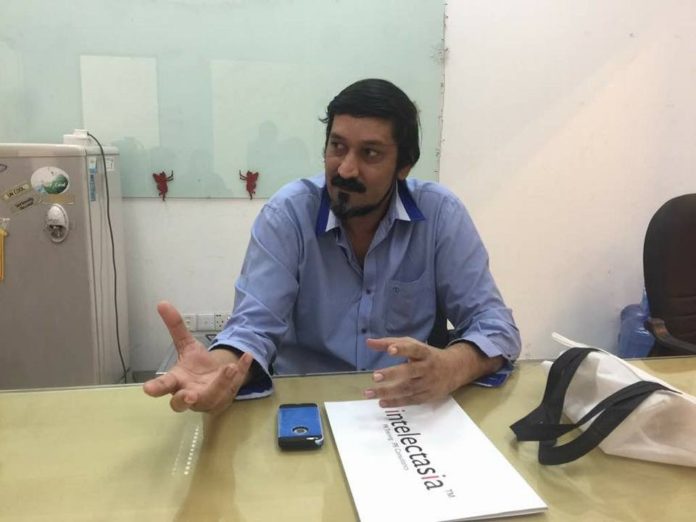This week, we have a quick chat with Kazi Mahmood – Business Editor at the Malay Mail. During his career span as a journalist, Kazi was previously News Editor at the Malay Reserve, Chief Editor at OIC Today and BBC Correspondent for Mauritius.
Kazi shares with the Supernewsroom team insights on journalism, the future of media in Malaysia and his take on the PR-Journalist relationship.
Supernewsroom: Let’s start with the basics – can you share about what you do at The Malay Mail?
Kazi: I am a Business Editor for the business section at The Malay Mail. I currently have two reporters under my wing. My job revolves around sourcing for information and news in the business industry and writing about them. People want to know what’s happening in the business sector here in Malaysia. Therefore, my job also involves profiling and writing about listed companies, GLCs, multinational corporations etc. We give these companies the exposure they deserve. Our focus is especially on the Corporate Social Responsibility (CSR) campaigns and not just reporting on the profits and losses of these companies.
SNR: What are the stumbling blocks that you’ve faced as a business editor?
K: Well to be honest, business news has been in scarcity of late. People say that the economy is good but the truth of the matter is, the industry has been sluggish. With companies ceasing operations, we struggle to find business stories to share. In fact, we hardly get invited to press conferences anymore simply because the numbers have greatly reduced. However, we work closely with PR consultants and agencies who normally give us good leads.
SNR: Would you view PR pros as the sine qua non for the media?
K: Yes definitely! PR professionals have close ties with their clients and often, we journalists rely on the PR pros for newsworthy stories or news source. I believe it works both ways and it is a win-win.

SNR: What are the current trends you’ve noticed in the media industry when compared to 5-10 years ago?
K: I think the role of an editor is no longer what it used to be. Today, the situation demands us to “step up and step out” to chase for our news and stories. Business editors can no longer rest on their laurels and simply dictate their reporters to hunt after stories. The current generation must be treated differently. They demand to be treated as friends and not mere subordinates. I find forging close ties with them to be fruitful. When you work with them as cohorts, you start to see a change in them. Suddenly, their ideas become more innovative and impressive.
SNR: With the advent of online media, has traditional print met its match?
K: The death of print newspapers is imminent especially with the emergence of online portals. News has taken on a more organic role. And what I mean by this is it grows by itself without the need for journalistic interference. All it takes is for a person from a different country to post breaking news on social media such as Facebook, Twitter or LinkedIn and people are readily informed. Nowadays, journalists themselves turn to social media for information gathering. They are no longer required to be present everywhere. It is clear as daylight. The future of media is organic where journalists and editors need to up their game by becoming influencers. Eventually, the news outlets will depend on the reach of these influencers to share their news. I believe in the future, one of the key criteria for journalists to get hired is to show how many followers they have.
Totally agree! Thanks Kazi for the insights!

